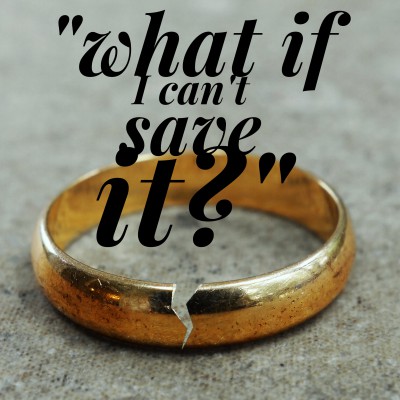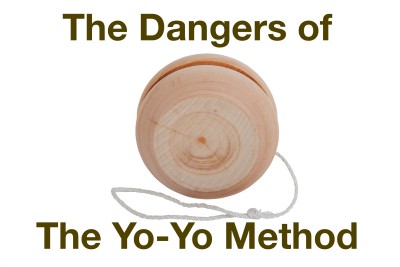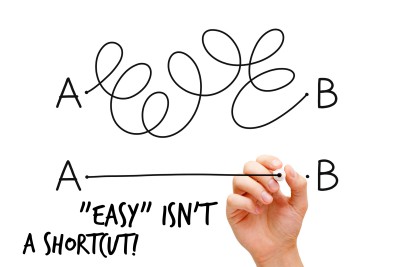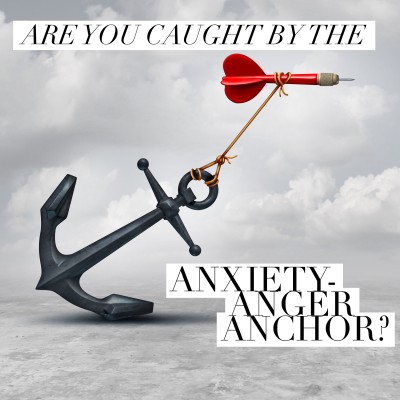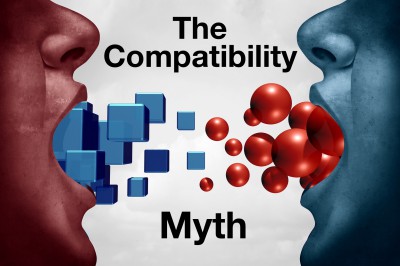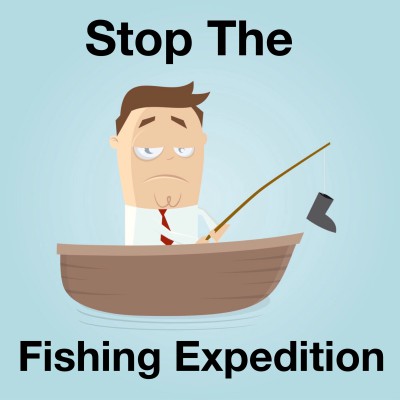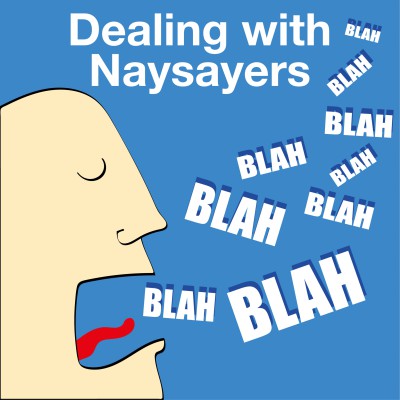A Swiss Cheese Approach To Marriage Crisis
https://savethemarriage.com/stmblog/wp-content/themes/corpus/images/empty/thumbnail.jpg 150 150 Lee H. Baucom, Ph.D. Lee H. Baucom, Ph.D. https://secure.gravatar.com/avatar/669b7e375d93f77521ddaba08adb8063?s=96&d=blank&r=pg It may be an odd preoccupation, but I pour over the scuba accident reports. I like to see how the accidents happened, what led to the accident, and how it might have been prevented.
It may be an odd preoccupation, but I pour over the scuba accident reports. I like to see how the accidents happened, what led to the accident, and how it might have been prevented.
The same approach is taken to studying scuba accidents as is applied to airline accident and medical accidents. And it should be applied to marriage crises.
There’s a theory of accidents in systems that is called the “Swiss Cheese Theory of Accidents.” Another description would be “multiple causations in spite of prevention systems.” Imagine a bunch of slices of swiss cheese. Usually, a slice with holes in it won’t line the holes up with another slice. If you stack them together, there are no holes all the way through the stack.
But if the holes line up, something could pass right through. Something like an accident.
In scuba, aviation, medical, and industrial fields, there are multiple checks and balances in place (slices of cheese) to keep an accident from happening.
Marriages also have these safety zones: love, priorities, attention, affection, boundaries, communication, etc. The bigger the hole in each system, the bigger the chance that the holes match up. And the bigger the chance of a marriage crisis.
To put it simply, there are multiple causations that go into a marriage crisis. To go a bit deeper, listen to my podcast below.
RELATED RESOURCES
Another Podcast On This Theory
Importance of Connection
Importance of Boundaries
System To Save Your Marriage
Podcast: Play in new window | Download
Subscribe: RSS

